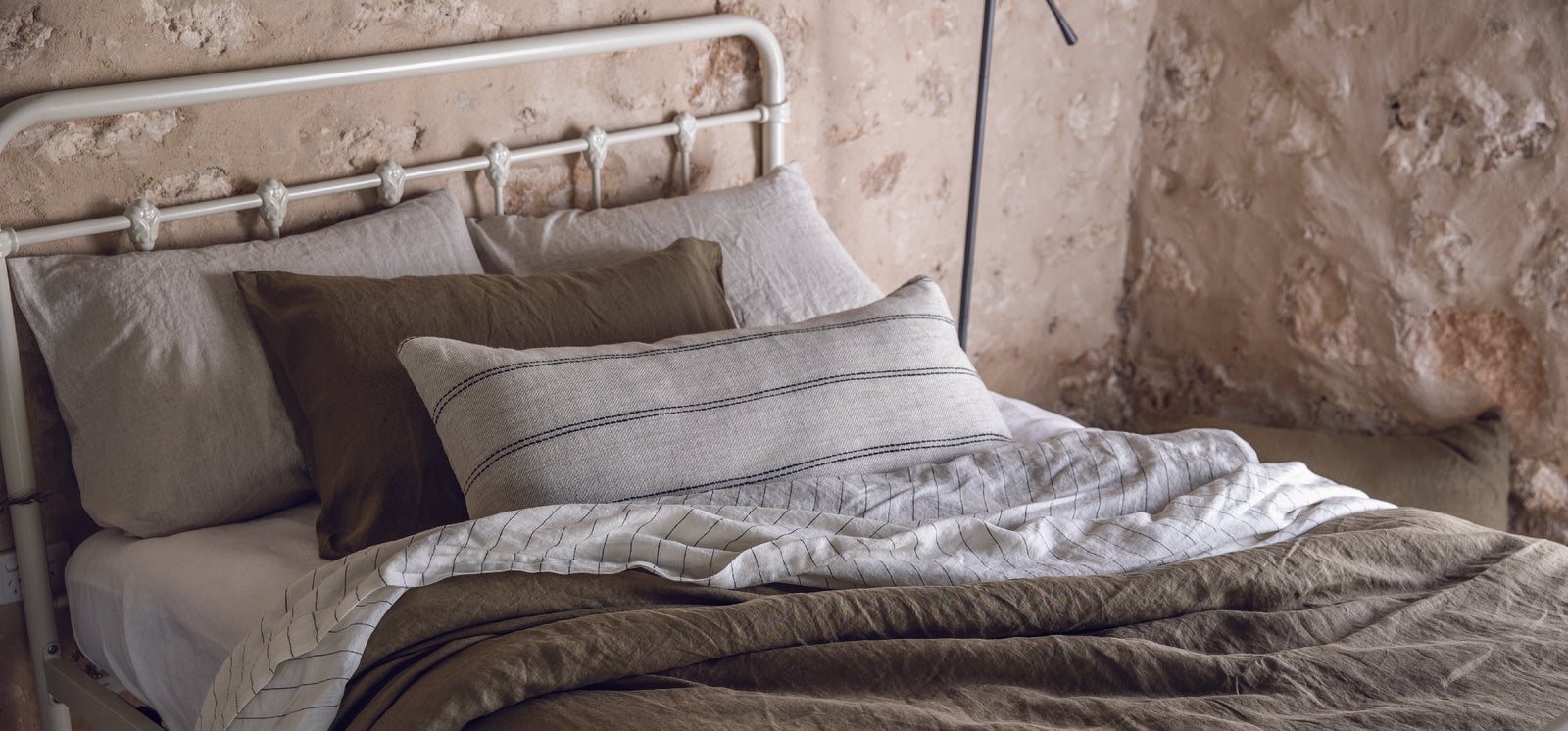Good sleepers fall asleep quickly when they go to bed and again if they wake during the night. The morning sees them rested and refreshed, able to achieve all that they wish during the day. Poor sleepers lie awake in bed for long periods struggling to sleep. They have difficulty returning to sleep if they waken and their ongoing lack of sleep means they frequently feel tired or ill-tempered during the day.
If you are a poor sleeper these tips may help you achieve better sleep.
- Preparation is the key to good sleep. Start preparing for bed early in the day. Try to be active during the day so you will feel tired at night. Caffeine, alcohol and heavy meals later in the day can interrupt your body’s natural cycles. Enjoying these earlier allows your body to concentrate on ‘sleep stuff’ at bedtime without distractions.
- Check your sleep environment. Your bedroom should be cool, quiet and dark. Your bed should be comfortable and choosing bedding made from natural fibres will help you to maintain an even body temperature throughout the night. Fewer temperature fluctuations mean you will experience deeper, uninterrupted sleep.
- Create a sleep routine. Adults need 7-9 hours sleep each night. Set yourself a realistic time to go to bed and wake up each day. While there is a little wriggle room, ideally you will stick to this everyday – even on the weekend!
- Now create a bedtime routine. This is about relaxing and unwinding before bed, signalling to your brain that the day is over and the time for sleep is nearing. Shut down screens and spend time on quiet activities that make you feel sleepy -maybe a warm bath, a few pages of a good book or some light yoga stretches.
- Can’t sleep? You need to train your brain for sleep, and your body will take a little while to adjust to your new regime.While you transition, don’t spend too long in bed. If you are still awake after 20 minutes, get up and do a quiet activity until you feel sleepy and then try again.
Source:



